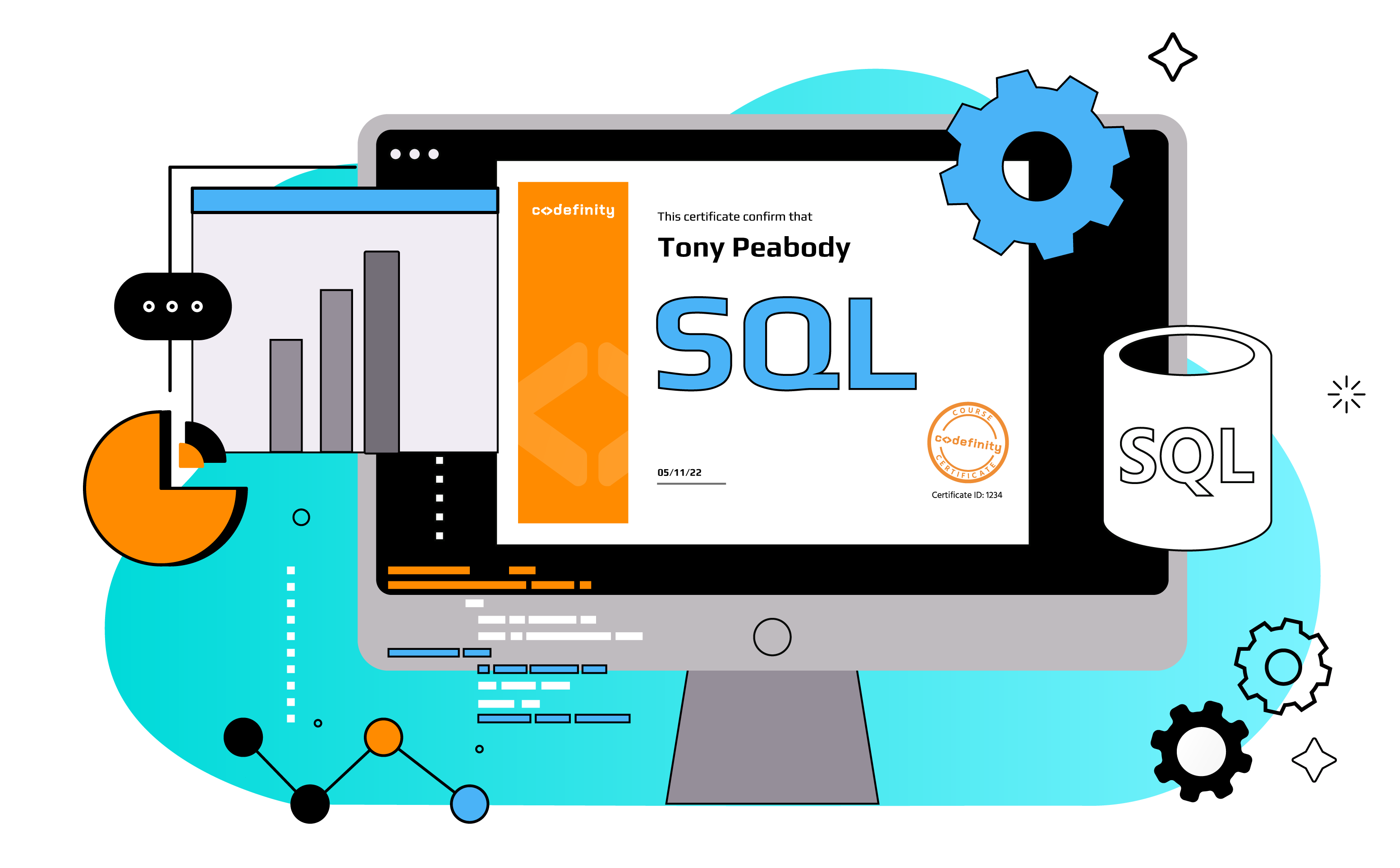Cursos relacionados
Ver Todos os Cursos6 Rules for Using ChatGPT Effectively
Using ChatGPT Effectively

I am sure you have heard of and maybe even used the ChatGPT chatbot. Many people use it, but not everyone knows how to use it correctly. Let's learn basic awesome ChatGPT prompts!
What is GPT?
GPT is the acronym for Generative Pre-trained Transformer. A type of artificial intelligence model based on the Transformer architecture was introduced by Vaswani et al.
What is ChatGPT?
ChatGPT is an AI chatbot that uses natural language processing to create humanlike conversational dialogue. The language model can respond to questions and compose various written content, including articles, social media posts, essays, code, and emails.
Start Learning Coding today and boost your Career Potential

Awesome Prompts
When interacting with ChatGPT, it's important to write effective queries to obtain accurate and helpful responses. Here are some tips to enhance your communication:
1.Be clear and specific. Clearly and precisely formulate your query to convey the information you seek. Avoid vague or ambiguous language that may lead to unclear answers.
✅ Correct: "What are the symptoms of the common cold?"
❌Incorrect: "Tell me everything about diseases."
Providing specific details helps ChatGPT understand your needs and provide more relevant answers.
2.Use plain language. Communicate your thoughts using simple and easily understandable words. Avoid using excessive jargon, technical terms, or complex language unless necessary.
✅ Correct: "Can you explain the concept of quantum entanglement in simple terms?"
❌Incorrect: "I need a detailed elucidation on quantum physics jargon."
Using plain language improves the chances of receiving a clear and comprehensible response.
3.Provide context. If your query is related to a specific situation or problem, provide some context to help ChatGPT understand the background. This context can assist in generating more accurate responses.
✅ Correct: "I'm planning a trip to Paris. Could you recommend some popular attractions?"
❌ Incorrect: "What should I do in Paris?"
Including relevant context enables ChatGPT to tailor its response to your specific needs and provide more personalized recommendations.
4.Keep it concise.
Aim to express your query in a concise manner. Long, convoluted queries may result in less precise or focused responses.
✅ Correct: "How does solar power work?"
❌ Incorrect: "I'm curious about the history, benefits, and environmental impact of solar energy. Can you provide a detailed explanation?"
By keeping your queries concise, you increase the likelihood of receiving targeted and to-the-point answers.
5.Ask one question at a time. Focus on one specific question or topic per query. Separating multiple questions or topics into individual queries improves clarity and facilitates more effective responses.
✅ Correct: "What are the ingredients for a basic chocolate cake?"
❌ Incorrect: "Can you give me a recipe for a chocolate cake and also suggest some variations?"
By asking one question at a time, you allow ChatGPT to address each query independently, leading to more focused and comprehensive answers.
6.Be patient: ChatGPT strives to provide the best possible responses to your queries, but sometimes it may require additional time to process information and generate an answer. It's important to be patient while waiting for a response. Avoid expressing impatience or frustration, as it may not influence the speed of the response. For example:
✅ Correct: "Could you please explain the concept of blockchain technology?"
❌ Incorrect: "Why haven't you answered my question yet? It's been a while!"
Patience ensures a smoother interaction and fosters a more positive experience.
By following these guidelines, you can improve the effectiveness of your queries to ChatGPT, leading to more accurate and valuable responses.
FAQs
Q: What are prompts in ChatGPT?
A: Prompts are initial instructions or context provided to the ChatGPT model to guide its responses. They act as a starting point to shape the behavior of the language model in a particular direction.
Q: How do I use prompts with ChatGPT?
A: To use prompts, you simply provide a message or text as input to ChatGPT, describing the context or the task you want the model to perform. The model will generate a response based on this initial input.
Q: Can prompts influence ChatGPT's responses?
A: Yes, prompts significantly influence ChatGPT's responses. The language model uses the provided prompts to generate text, so choosing appropriate and specific prompts can lead to more relevant and desired outputs.
Q: What makes a good prompt?
A: A good prompt should be clear, concise, and well-defined. It should precisely express your request or question to guide the model's response. Specificity in the prompt can result in more accurate outputs.
Q: How can I make ChatGPT more creative with prompts?
A: You can make ChatGPT more creative by using open-ended or ambiguous prompts, encouraging the model to explore different possibilities and be imaginative in its responses.
Cursos relacionados
Ver Todos os CursosData Analyst vs Data Engineer vs Data Scientist
Unraveling the Roles and Responsibilities in Data-Driven Careers
by Kyryl Sidak
Data Scientist, ML Engineer
Dec, 2023・7 min read

Google Colab Tutorial
Google Colab
by Andrii Chornyi
Data Scientist, ML Engineer
Feb, 2024・11 min read

Top 3 SQL Certifications
How to Confirm Your SQL Skills
by Daniil Lypenets
Full Stack Developer
Sep, 2023・9 min read

Conteúdo deste artigo